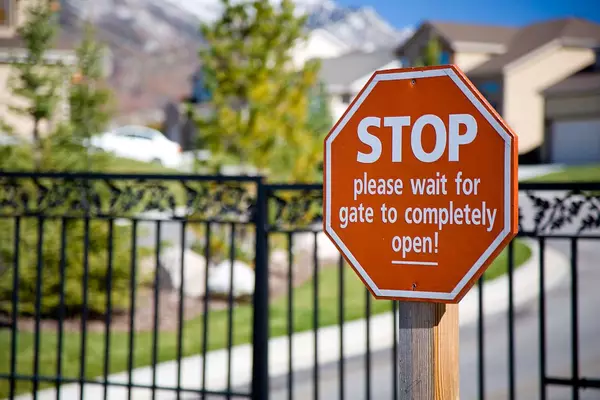
Tips for Handling Multiple Offers on Your Proper
Handling multiple offers on your property can be an exciting but overwhelming experience, especially in today's competitive real estate market. As a seller, you want to maximize your profit and find the most qualified buyer for your property. On the other hand, as a buyer, you want to stand out from

How Seasons Shape Real Estate Sales
Real estate sales are greatly influenced by various factors, and one significant factor that plays a crucial role is seasonality. The ebb and flow of the real estate market throughout the year have a profound impact on both buyers and sellers. Understanding these patterns can help individuals make i

Boost Your Buying Power with Pre-Approval
In today's competitive real estate market, it's crucial to have every advantage possible. One of the most powerful tools in your home buying arsenal is getting pre-approved for a mortgage. While it might seem like an extra step in the process, pre-approval can significantly strengthen your position
Categories
- All Blogs (95)
- Credit & Mortgage Prep (6)
- First Time Home Buyer (14)
- Home Appraisal & Valuation (26)
- Home Buying (57)
- Home Selling (45)
- Luxury Homes (63)
- Market & Design Trends (6)
- Mortgage & Financing (4)
- Mortgage Rates & Trends (6)
- Moving & Relocation (1)
- Renting & Leasing (3)
- Special Property Types (4)
- Staging & Home Prep (10)
Recent Posts










